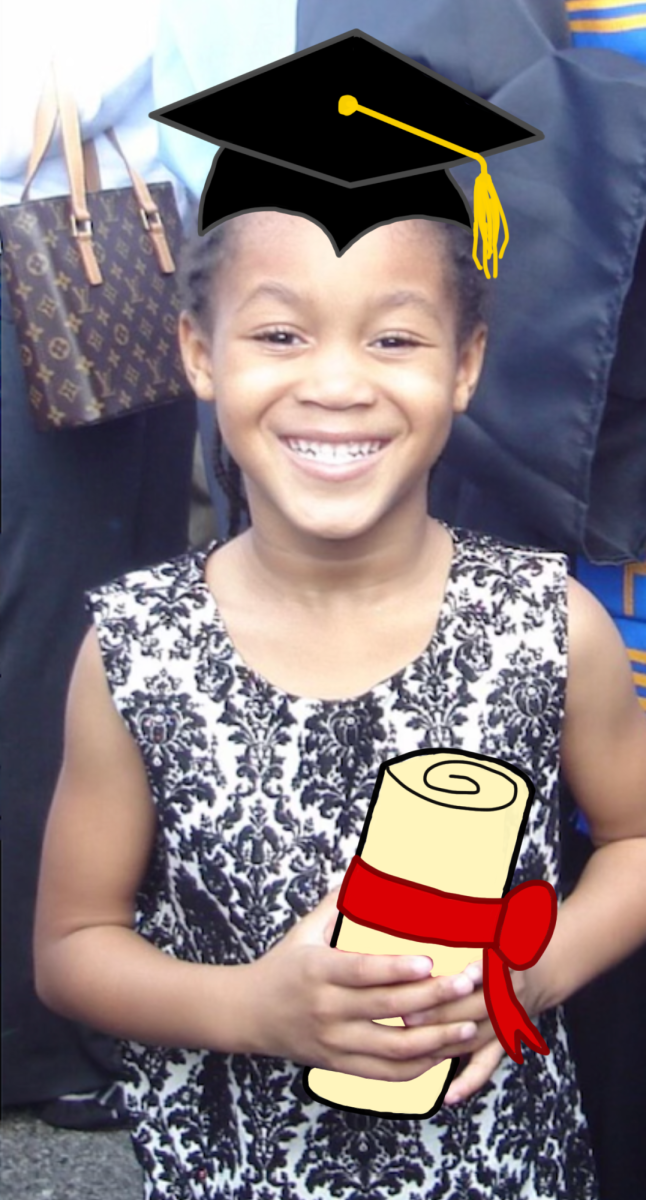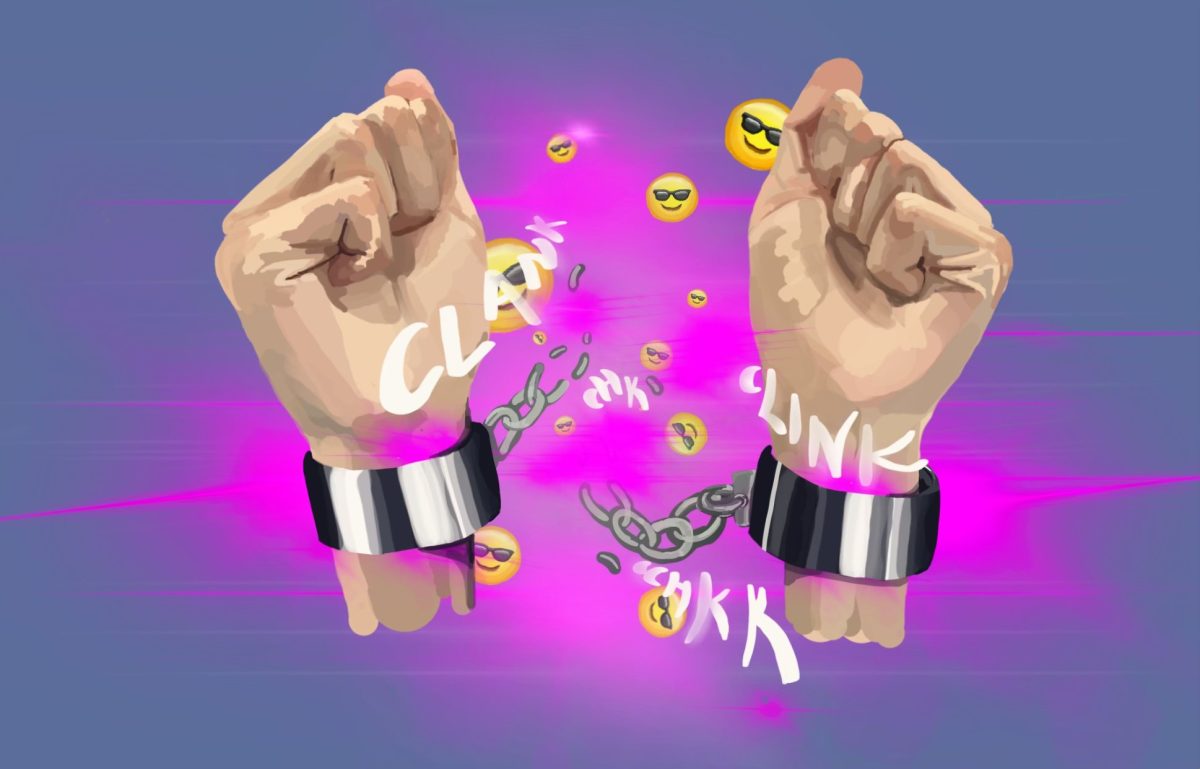In 1979, radical feminist author Janice Raymond published an anti-transgender book titled The Transsexual Empire. One of her main arguments against transgender people is that a “transsexually constructed” female cannot claim female identity because she lacks the requisite “personal history”—that is, she has none of the common experience, especially that of oppression, that defines women.
I find this logic problematic. Transgender women do live the lives of women, just not in a conventional or generally accepted way. While they may initially experience male privilege, it quickly melts away as they come into their true identities.
The first 10 pages of Raymond’s outdated, hypocritical, and bigoted arguments followed the fate of her “personal history” one. They entered my mind, were systematically disassembled, and then easily flowed out, their poison having been neutralized. On the 11th page, though, Raymond writes something that I could not fully neutralize, an argument that lingered tenaciously in my thoughts: “Why should castrated men take on these identities and self-definitions [of women]?…To what extent would concerned blacks accept whites who had undergone medicalized change in skin color and, in the process, claimed that they had not only a black body but a black soul?”
Raymond’s logic is flawed, and yet it seems to scarily parallel my logic for rejecting others who feel as though they’d identify with my ethnicity.
Now and then, people, usually Caucasian, will approach me and, with varying levels of seriousness, describe themselves as “basically Asian.” I, invariably, am offended. Too often, this Asian identification is of the “Urban Dictionary” ilk, and my internal dialogue of indignation sounds something like, “What does being ‘Asian’ even mean to you? Good grades and strict parents?” Many of these same Asian self-identifiers seem to simplify an entire race, and indeed many races: They do not understand and, even worse, reject many aspects of Asian-American identity integral to my experience as an Asian American—like discrimination, for example. And how could they understand? After all, many of them have never been discriminated against or oppressed because of their ethnicity. The experience of Asian discrimination is something I can talk about and share comfortably with most of my Asian peers, but the topic seems almost impossible to broach with others who do not have a shared history—those who, in short, are not Asian.
If Raymond’s logic makes her transphobic, what does it make me when I use it in the context of ethnicity?
When I consider the source of my own ethnic identification, much of it seems to stem from a pronounced protective instinct over my “kin,” my people who are oppressed for the same reasons and in the same ways.
However, many other Asians I spoke to first invoked other sources of identity, such as language and culture. As someone raised in America who only speaks English, I myself did not even fit within many of these tenets of Asian identity.
Previously, I had painted myself as a “gatekeeper” to Asian identity, a judge rejecting those who did not understand. But suddenly I could remember being told by other Koreans that I wasn’t a “real” Korean— that the fact that I didn’t speak the language or didn’t know enough of the culture or didn’t act like a proper Korean girl somehow stripped me of my identity. And I remember a very different form of indignation then: “How dare they tell me what I am and what I am not? How dare they put a language requirement on identity? I am Korean.”
How individuals choose to interpret and identify by a certain label is varied and unique. Perhaps we need to stop worrying about how well others adhere to our own interpretations.
Feminism has faced significant criticism for looking at the meaning of “woman” too narrowly, only acknowledging Western or, in Raymond’s case, biological interpretations of the term. As a response, feminism moved into its third wave, which aims to embrace the diversity of conceptions of “woman,” and seems less concerned with identifying the true form of “woman” and more with establishing the freedom of women to express femininity in a variety of ways.
Though it often seems that a concept must have boundaries to have significance—so that we can define what it is as well as what it is not—removing restrictions from the expression of femininity seems not to detract from the meaning of a feminine identity but instead reveals its truer significance.
Transethnicity is an extremely controversial topic. In my eyes, many of the self-identified “Asians” who approached me remain objectifiers. They chose to identify in a way that reduces my race to a tool for their own use—a casually racist shorthand for culturally unrelated traits. Cultural appropriation and orientalism are still very real concerns. That said, I have never met someone who truly identifies as transethnic or who has considered making the transition from one ethnicity to another. I couldn’t find any significant papers on the topic—only Tumblr drama—so I feel uncomfortable commenting on the legitimacy of people who identify as such.
I do think, though, that it would benefit us to move forward from questioning the self-identification of others, especially within ethnic groups. I should not have to have the legitimacy of my “Asian-ness” doubted. When we question each other in this way, we are discriminating against ourselves—we reduce and limit our identities in the same vein as those who casually label themselves with it. If we are to create a true, non-objectifying perception of our own races, we must welcome all forms of its expression.
Eleanor Hyun is a first-year in the College majoring in English.







